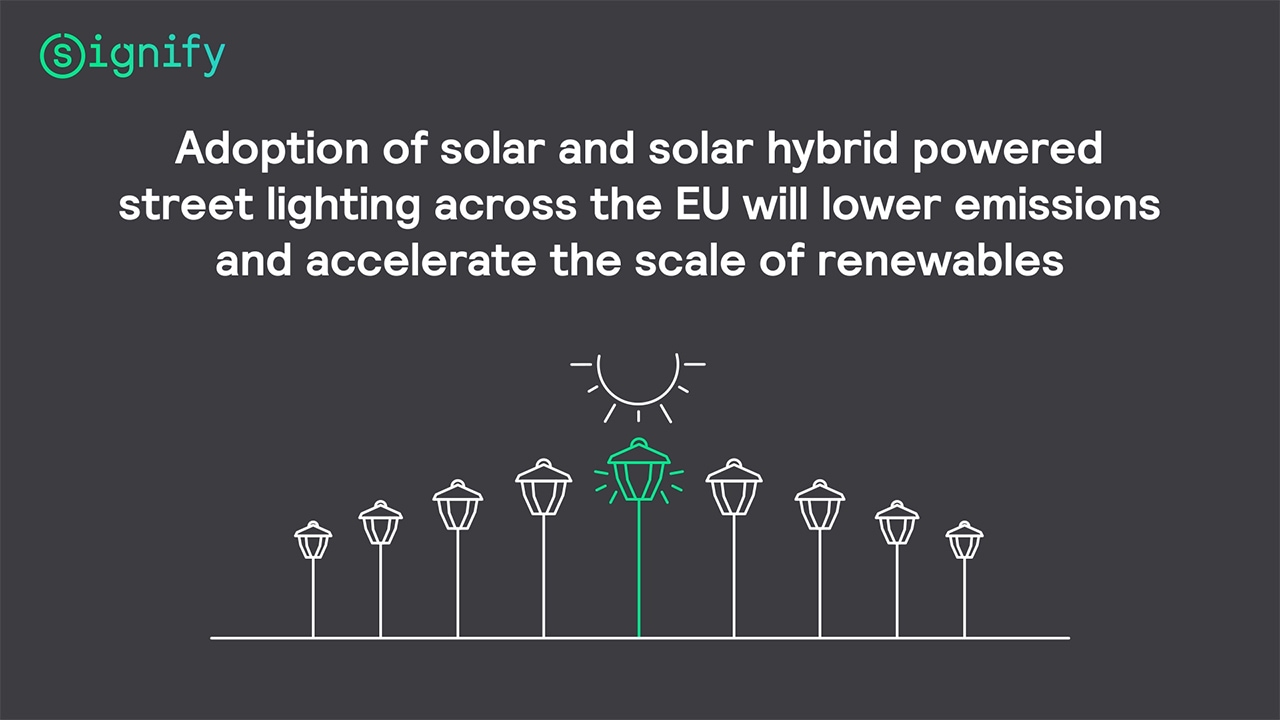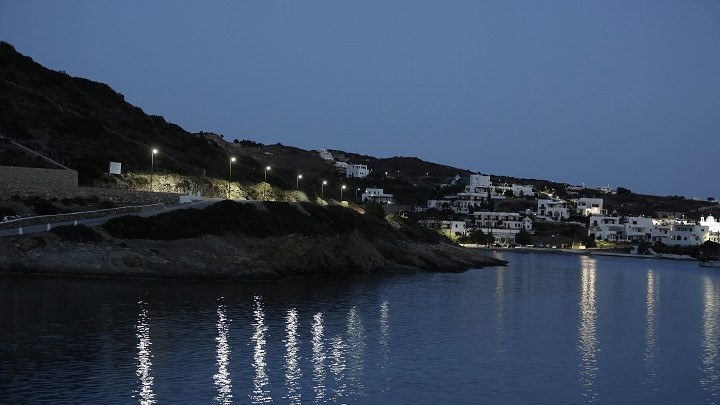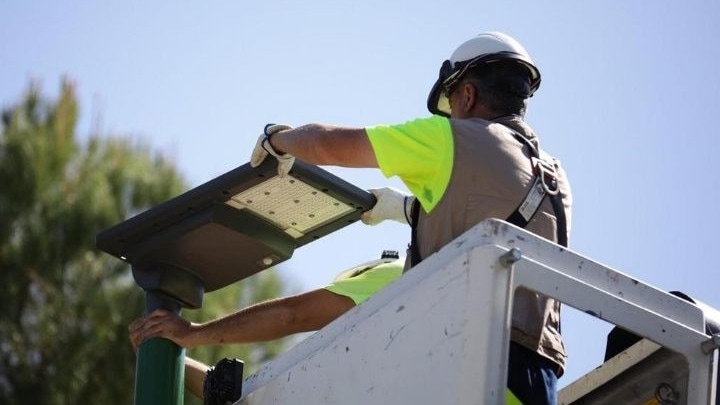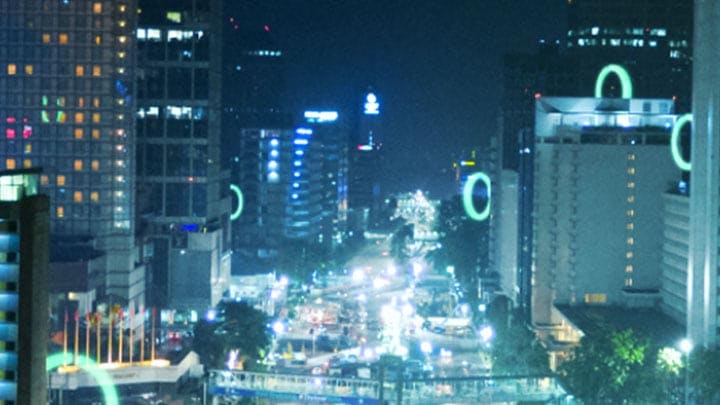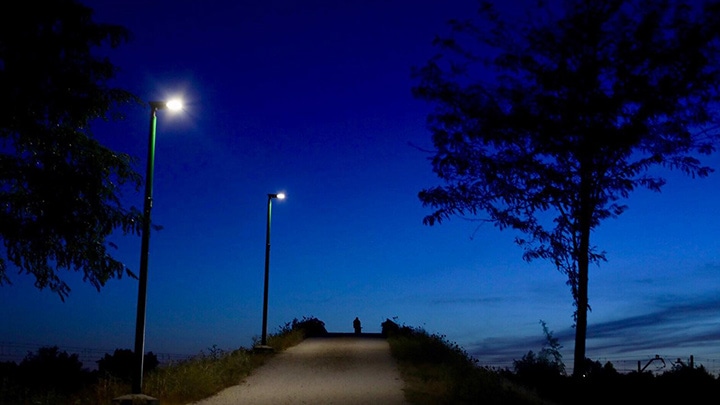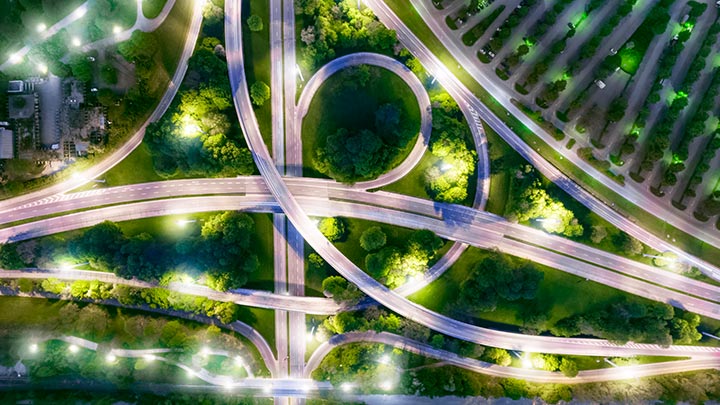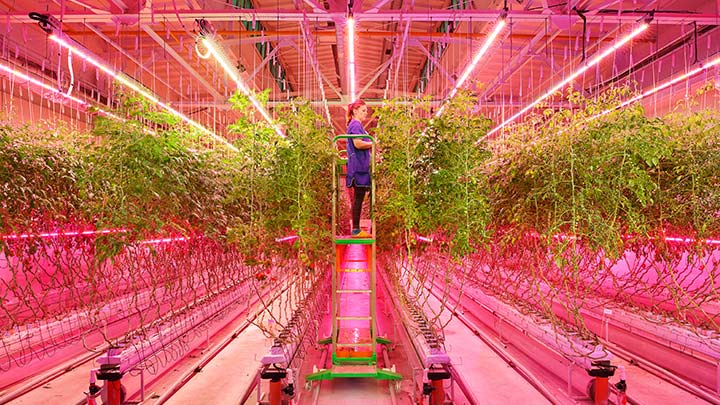Typically, in an economy like the UK, greenhouse gas emissions exceed 75% from energy use and production. To reach our climate goals we must decarbonise by reducing our reliance on fossil fuels. The UK is in a leadership position when it comes to renewable electricity, particularly from wind production, but we can also support this with solar power. Linking this to connected smart systems minimises energy waste, and increasing the use of super- efficient products (such as LED) allows us to ensure that clean, renewable, grid-based supply goes further.
